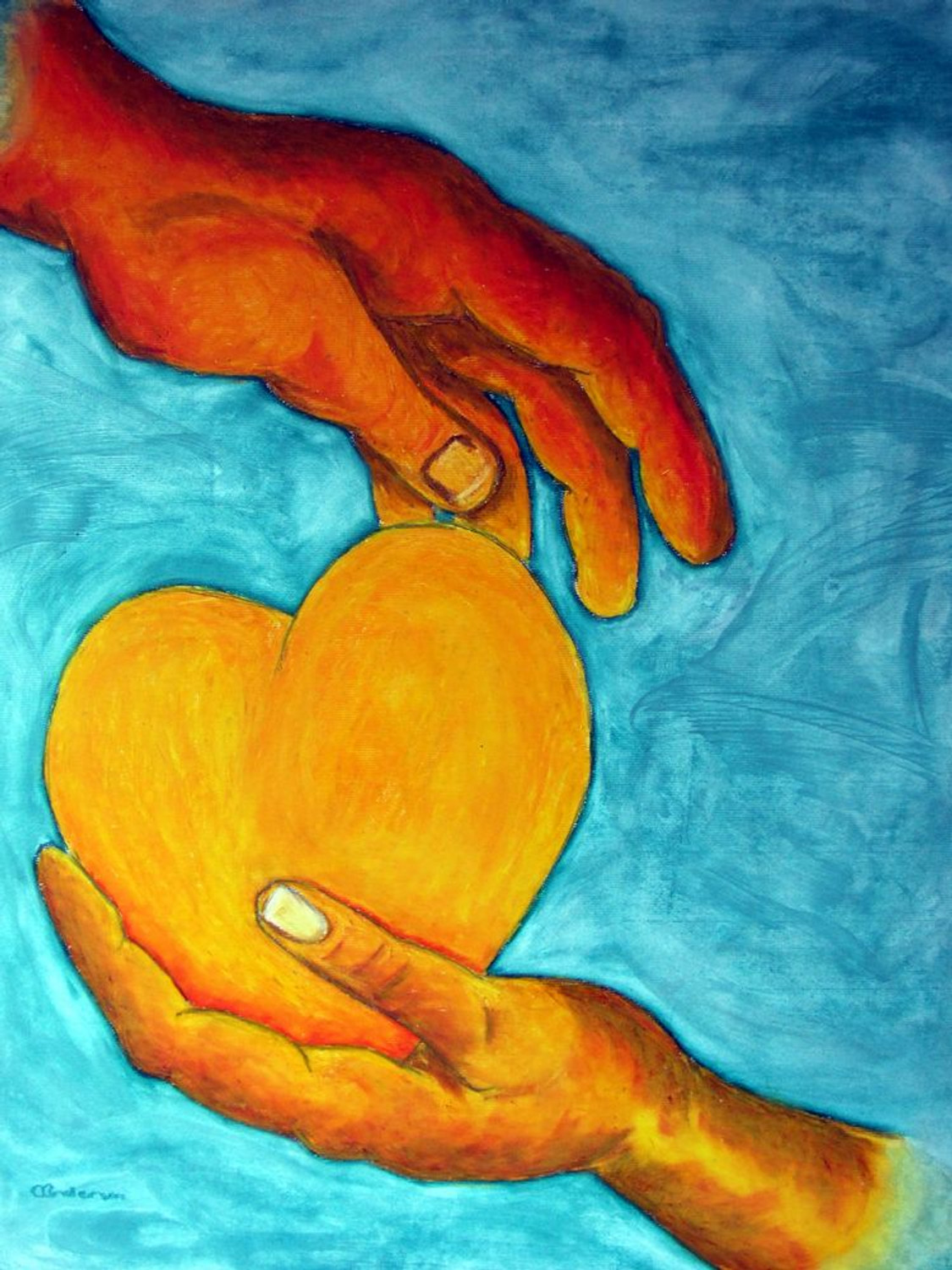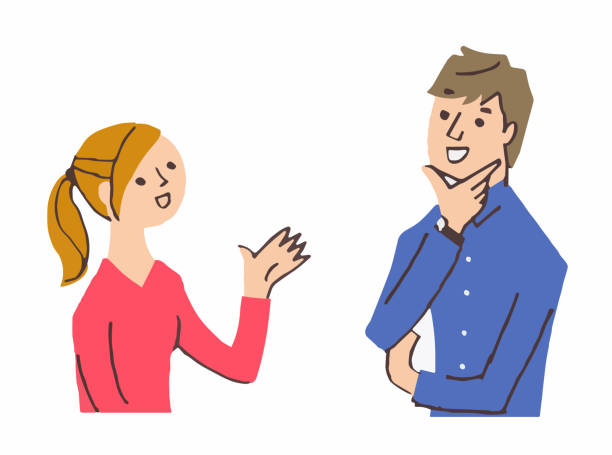March 10, 2023|י"ז אדר ה' אלפים תשפ"ג Mishpatim 5783 - Helping Others, Unburdening Ourselves
Print ArticleImagine the following scenario. You are walking down the road, and you see a person with whom you do NOT have a good relationship. Someone with whom you have had disagreements in the past. You might even call him your “enemy”.
And you notice, that he is standing next to his donkey, and it is filled to the max, and the owner is having trouble unloading all of the cargo.
The Torah, this morning, tells us what to do in this situation:
(כג:ה) כִּי תִרְאֶה חֲמוֹר שֹׂנַאֲךָ רֹבֵץ תַּחַת מַשָּׂאוֹ וְחָדַלְתָּ מֵעֲזֹב לוֹ עָזֹב תַּעֲזֹב עִמּוֹ: ס
"If you see your enemy's donkey lying under his load, and you might have considered not assisting him, don’t do that. Rather help him out.
This is the mitzvah of PERIKA, helping someone UNLOAD their donkey.
Interestingly, the Torah offers a similar mitzvah much later on in Sefer Devarim:
דברים פרשת כי תצא פרק כב
(ד) לֹא תִרְאֶה אֶת חֲמוֹר אָחִיךָ אוֹ שׁוֹרוֹ נֹפְלִים בַּדֶּרֶךְ וְהִתְעַלַּמְתָּ מֵהֶם הָקֵם תָּקִים עִמּוֹ:
"Do not look upon your fellow's donkey or ox falling along the road as you ignore them; [rather,] raise [the cargo] with him."
Here the Torah demands assisting one's friend who encounters difficulty LOADING his cargo on his animal. This is referred to as the mitzvah of te'ina ("loading").
The Gemara in Bava Metzia, Daf 32 discusses what would happen if someone encountered both scenarios SIMULTANEOUSLY?! There is someone struggling to LOAD his donkey on one side of the road, and on the other side, someone struggling to UNLOAD? Whom should you help first?
The gemara concludes and the Shulchan Arukh follows suit as well that in such a case one should first assist the person unloading his animal, because of tza'ar ba'alei chayim – the animal remains uncomfortable every moment it hasn’t been unloaded. He or she can then go ahead and help the friend who needs to LOAD his animal. The point is that all things being equal, it’s better to help the friend whose animal could use the help as well.
However, the gemara and the Shulchan aruch offer a surprising exception to this rule:
What if the person struggling to UNLOAD his animal is your friend, and the person struggling to LOAD his animal is your enemy? Then, the halacha is that one must FIRST help the ENEMY, and only then go to help the friend.
And the gemara explains the rationale for this halacha: “Lakof es Yitzro”, in order to work on one’s midos, to overcome one’s hatred for this other person.
The halacha believes the value of overcoming our natural anger or frustration with others is so important, that it commands us to come to the aid of our enemy BEFORE our friend, [and even at the expense of extra discomfort for his animal].
And if you might argue, but doesn’t the Torah forbid us to hate another person in the first place? What kind of case is the Torah even talking about?
The Malbim writes that yes, even though the Torah has an explicit prohibition against hating a fellow Jew, nevertheless HKBH understands that it can be a challenge for us to remove those feelings. And He, therefore, offers us guidance, through halachos such as these, for how to overcome those initial instinctive feelings that we all battle at times.
And this also explains the very unique structure of the psukim that teach us this very halacha:
(כג:ה) כִּי תִרְאֶה חֲמוֹר שֹׂנַאֲךָ רֹבֵץ תַּחַת מַשָּׂאוֹ וְחָדַלְתָּ מֵעֲזֹב לוֹ עָזֹב תַּעֲזֹב עִמּוֹ:
The pasuk says: If you see your enemy’s donkey, struggling under its burden, V’Chadalta Mei’Azo lo – literally translated it means: And YOU REFRAIN FROM HELPING HIM! Rather, AZOV TAAZOV IMO, you should ABANDON WITH HIM! Grammatically the whole sentence doesn’t seem to make sense… Except that it makes perfect sense.
Because the Torah understands human nature. And yes, when we see someone in our life who is challenging for us and they are dealing with something difficult, we don’t want to stop and help. In fact, v’Chadalta Meiazov lo – our natural inclination is NOT to help.
And it is in this moment that the Torah COMMANDS US: Azov Ta’azov imo – Abandon that feeling and help anyways.
And not only to help, but to do it IMO, together with him. As the Chizkuni points out, this is a mitzvah that requires the two people to work as a team, removing the load from the animal together, as we all know that teamwork that sometimes has the ability to bring people together.
And Tosfos in Pesachim 113b point out that the reason that there isn’t simply good advice but rather an actual halacha, that one MUST help the person one dislikes first is because when we hate someone, when we really don’t like another person, it becomes a self-intensifying process. I hate him and he knows about it, so now he hates me, and it ping pongs back and forth and continues to foment and build, until it literally eats us up inside.
And, therefore, even as the Torah recognizes the reality that we will all have challenges with others and can even come to a place of hatred at times, it commands us to find a way address those feelings, specifically by choosing to do a kindness for the very person we can’t stand. Asking us to work together with him or her, as a way of beginning to lighten that burden of anger and frustration we have carried around for so long.
Rosh Chodesh Adar will be upon us in only a few days, and Instagram will light up soon with all of the exciting costumes and themed-mishloach manos. And all of that is wonderful. And part of our Mishloach Manos planning is, of course, also, to which individuals and families we will be choosing to send our Mishloach Manos.
Rav Shlomo HaLevi Alkabetz, the author of Lecha Dodi, writes that the entire reason for Mishloach Manos, giving food to people who already have and have no need for our gifts is for one reason: To Be Marbe REIUS, to increase our affinity and love for one another.
And if this is so, then perhaps this year we should all consider sending mishloach manos not only to our friends, but also to those with whom we may not be such great friends or may not be getting as many packages. And perhaps we should send a Mishloach Manos to someone with whom we’ve had a falling out.
The mitzvos of Perika & Te’ina, helping another person load or unload their donkey, their car, or even themselves, comes to teach us one of life’s most important lessons: When we feel ourselves beginning to carry the weight of our dislike or even hate of someone else, do the last thing you would ever want to do: Do that person a favor. It might be the best way to not only help them, but to unburden ourselves too.




